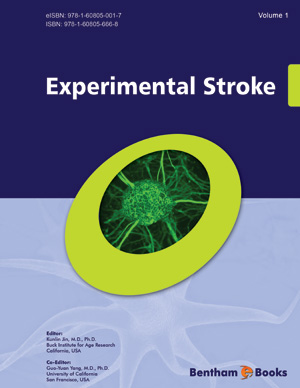Abstract
In the United States, stroke is the 3rd leading cause of death, behind diseases of the heart and cancer, and the number 1 cause of disability. Basic research on stroke has been extensive, but clinically effective therapies are still lacking. Recombinant tissue plasminogen activator (tPA) is the only drug approved by the Food and Drug Administration (FDA) for selected patients (3%) with ischemic stroke. The benefit of this thrombolytic therapy is largely limited by it's selection criteria and its side effects. An area of stroke research that holds much promise is regional brain cooling. The neuroprotective effect of hypothermia has long been recognized. Currently used whole body cooling for brain injury treatment from stroke was abandoned because of management problems, severe side effects and delayed onset of cerebral hypothermia. Recent studies in a rat stroke model have utilized a unique technique to infuse the microvasculature in the ischemic territory prior to reperfusion with cold saline, leading to a improved outcomes in this animal model. Translating the research done with combined intra-arterial revascularization and local brain cooling to the clinical realm could advance the treatment of stroke beyond the levels achieved by current therapies.






















